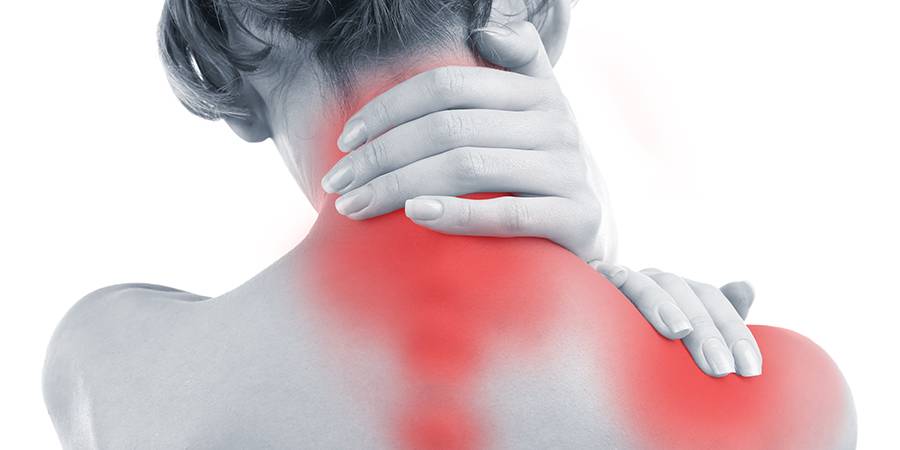Surgical and Non-Surgical Treatment Options for Herniated Disc Pain

Your spinal discs separate your vertebrae, soaking up shock. Without the discs, your spinal bones would grind against each other, making it impossible for you to absorb shock. Apart from protecting your vertebrae, these cushions give your spine flexibility, making bending and twisting easy. However, a malfunction of your discs could result in painful symptoms. Roswell herniated disc surgeons at Apex Spine and Neurosurgery relieve their patients’ painful symptoms, preserving their spinal health using minimally-invasive procedures. Are you suffering from persistent back or neck pain that prevents you from participating in your everyday activities? If so, Apex Spine and Neurosurgery experts are the professionals to contact.
What are the possible causes of herniated discs?
A herniated, ruptured, or slipped disc is a relatively common problem. Though the condition could happen anywhere along your spine, you will most likely have it affecting your neck or lower back. This is because your neck and lower back offer your spine the most flexibility.
There are several factors responsible for herniated discs. Some of the common causes are:
Age. As you age, your spinal discs gradually and naturally lose their fluid volume. As a result, tiny tears and cracks start to develop on the outer surface, forming a throughway for the gel-like interior to sip through.
Trauma. Your disc will rupture after a high-impact force such as a fall or car accident. You could also force your discs to overstretch when you twist or lift a heavy load.
Your risk factors for developing the condition could include:
- Being overweight
- Genetics
- Occupation, especially demanding jobs requiring lots of twisting, bending and other repetitive activities straining your spine
- Smoking
- Sedentary lifestyle
- Driving often
What non-surgical measures will your doctor recommend when you have a herniated disc?
A herniated disc will not only depend on a surgical procedure. Your doctor could also recommend the following conservative treatments to ease your painful symptoms.
Physical therapy. The physician could help find positions and take part in physical exercises likely to minimize your pain. Your doctor could also suggest
- Ice treatment
- Short-term bracing for your lower back or neck to offer support
- Electrotherapy
- Ultrasound
- Traction
However, if your symptoms fail to improve with conservative treatments and your mobility worsens with time, your doctor may recommend surgery. In such a case, your doctor will use laparoscopic surgery to remove the disc’s protruding portion. The technique prevents the specialist from scraping your vertebrae and spinal cord to access the affected disc.
What symptoms will you have with a herniated disc?
The symptoms you will have with a herniated disc significantly depend on the herniated disc’s location and the herniation size. If the herniation is not pressing on your nerve, you could only feel a dull ache or even have no symptoms. However, if it is pressing on your nerves, you will most likely feel pain with weakness or numbness, especially the part of your body the affected nerve travels through. Other symptoms you could have include:
- Slow reflexes
- Balancing issues
- Pain when you sneeze, cough, or move in particular positions
- Loss of bladder or bowel function
- Inability to retain a position for long
A herniated disc is disabling and could affect you adversely when you fail to seek medical intervention. Contact the professionals today to find relief from a herniated disc.








